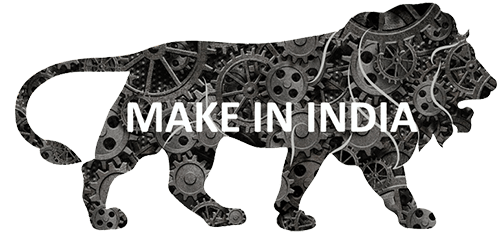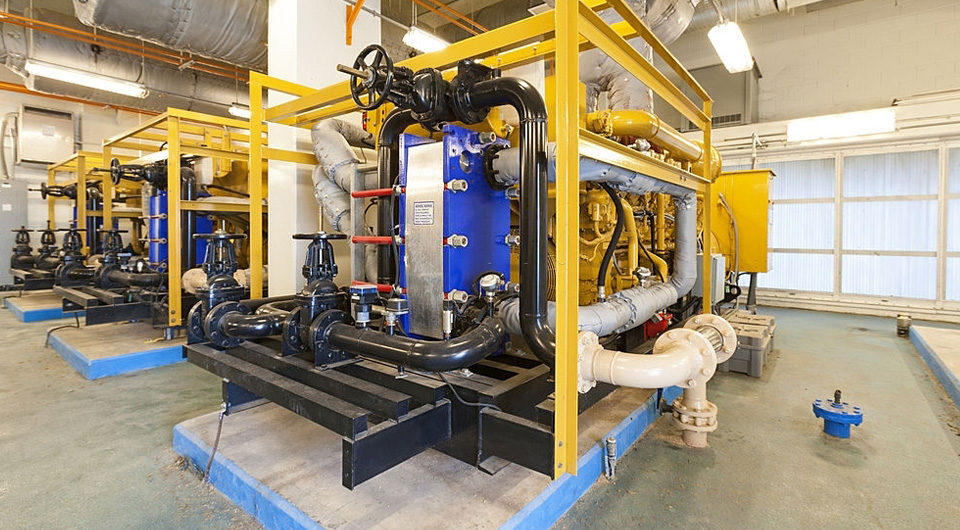Power generators are machines that convert various forms of energy into electricity. There are several types of power generators, including diesel generators, gas generators, wind turbines, solar panels, and hydroelectric generators. Diesel generators use diesel fuel to produce electricity, gas generators use natural gas or propane, wind turbines harness wind energy, solar panels convert sunlight into electricity, and hydroelectric generators use the power of moving water to generate electricity. Each type of power generator has its advantages and disadvantages, and the choice of generator will depend on factors such as cost, reliability, and environmental impact.
Gasoline
When stored, gasoline lasts less than a year, and gas costs are greater than diesel, propane, and natural gas. Gasoline generators emit a lot of pollution, don’t last as long as other types, and have a hard time starting in low temperatures.
Diesel Fuel
Diesel is the least combustible of all the fuels, yet it’s about as easy to come by as gasoline. So long as they are properly maintained, these engines have lengthy lifespans and run more efficiently while surviving longer under severe, harsh operation. Diesel generators made by Cannon Genset are less expensive to run than gas generators, but they are more expensive to buy. Some states, countries, and municipalities enable agricultural enterprises to purchase fuel at a reduced or no-tax rate. In addition, diesel gensets are very easy to start in cold weather.
However, diesel fuel can only be stored for up to 24 months, and keeping large volumes may be costly. Diesel is typically hard to pump during power outages, much like gas. Because diesel engines emit a lot of pollution, several places limit the amount of hours these engines may run every day to protect the environment.
Moisture in the gasoline destroys it (unless it’s emulsified diesel, which we’ll talk about later), so it’s not good for moist areas like lakes and rivers, or being outside in the weather. Diesel generators are larger engines that require frequent maintenance by a trained technician. As a result, they are less portable.
Biodiesel
A combination of diesel and another biological source, such as vegetable oil or animal fat, is used to make biodiesel fuel. The advantages and disadvantages of biodiesel are comparable to those of regular diesel fuel, with the added bonus of greater environmental benefits. Bio diesel utilises less fossil fuels, which are a nonrenewable energy source, and produces less pollutants and waste. When compared to conventional diesel, this makes it a more ecologically responsible alternative. Diesel fuels are all less flammable than the other liquids and gases on this list, but they are extremely loud.
Biodiesel, like diesel, lasts two years or less in storage and, since it cannot be pumped, is occasionally unavailable after a power outage. It’s also more difficult to get by in other areas. It is regarded as more difficult to deal with since the ratio of diesel to oil must be kept at 80:20.
Emulsified Diesel
Emulsified diesel is a combination of diesel fuel and water that has been mixed with a mixer. It compares and contrasts the benefits and drawbacks of diesel and biodiesel fuels. Emulsified diesel, like bio diesel, emits less pollutants and uses fewer fossil fuels than regular diesel. It, too, has a two-year shelf life, and keeping the appropriate water-to-diesel ratio is difficult, especially in fast-paced work situations.
Propane Gas (Vapor And Liquid)
Propane has a far longer shelf life than gasoline and diesel, and it burns much cleaner. It may be kept in any amount and is accessible even during power shortages. Propane emits little pollutants and does not suffer from the “wet stacking” problem that plagues diesel generators. Propane generator’s price in India is more than similarly-powered gasoline generators. They are quite inexpensive and long-lasting.
Propane generators are more expensive to acquire and operate since they consume three times the quantity of fuel than diesel engines. Furthermore, as compared to other generator types, propane generators have a shorter lifespan. propane is kept under pressure and is extremely flammable, if not explosive. Because fuel systems are more complicated, they are prone to more frequent breakdowns. Because the gas lines must be installed by a certified expert, the installation expenses are greater.
Natural Gas
Natural gas is widely available in practically every area, and fracking techniques have opened up new shale sources, resulting in an almost endless supply. These generators never run out of fuel or need to be replenished since natural gas pipes are linked to the operating location. This implies that the generators are not transportable.
Natural gas generators burn cleanly and produce relatively little waste, and the gas is readily available even when there is no electricity. These units are also less expensive than alternative options. Natural gas also starts easily in freezing temperatures and runs softly.
Natural gas generators have a number of drawbacks, including greater installation costs owing to the need to run gas lines. These power generators do not last as long as diesel generators, and if the gas pipes are damaged, a serious spill might result. When using a natural gas generator, “wet stacking” is not a concern like it is with propane.




Recent Comments